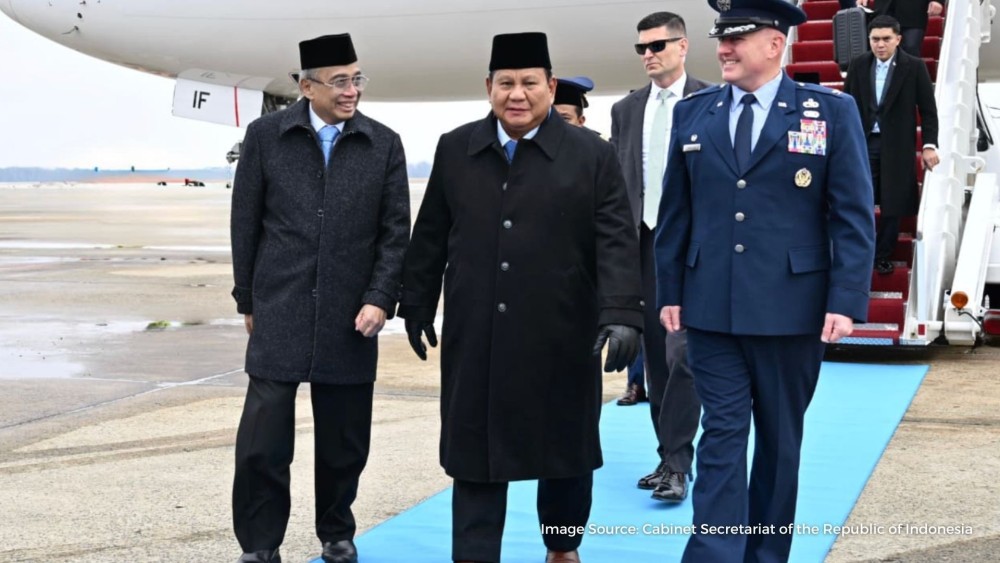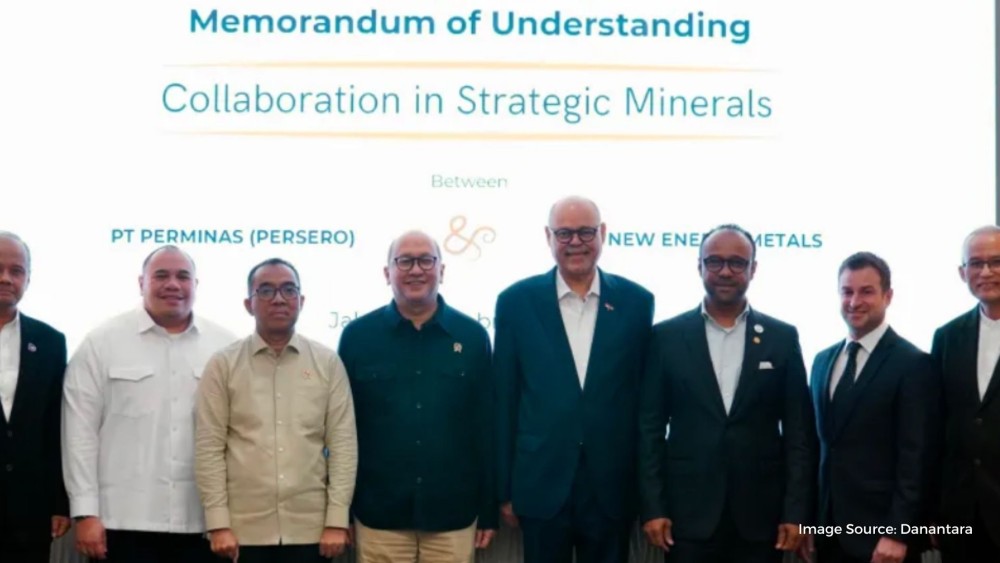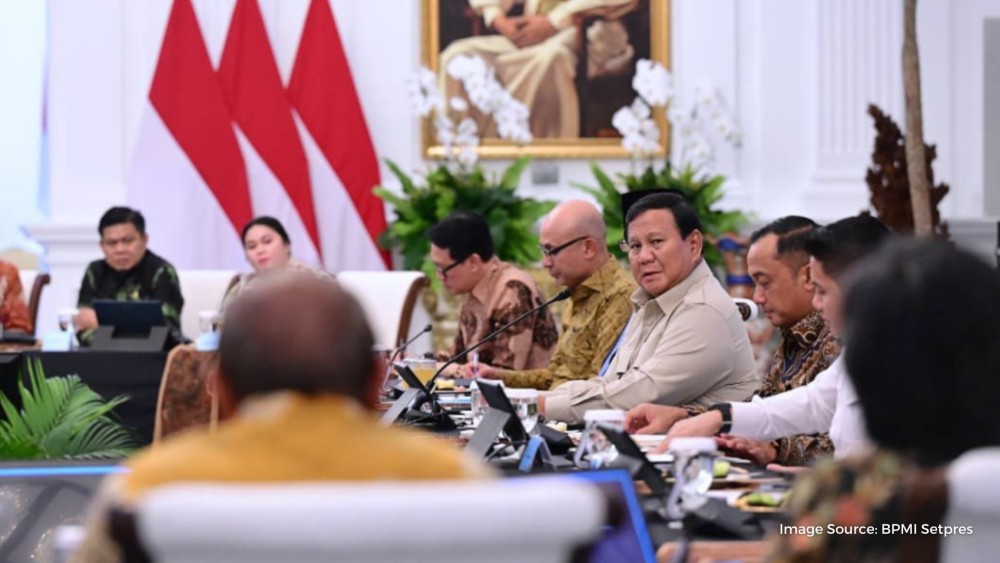Indonesia Eyes Australian Lithium to Boost EV Battery Ambitions
06 Aug 2025

Indonesia is intensifying efforts to secure lithium imports from Australia as part of its strategy to become a global hub for electric vehicle (EV) battery manufacturing. The move aims to fill a critical gap in the country’s battery supply chain, which already benefits from abundant domestic reserves of nickel, cobalt, and manganese.
Speaking at the International Battery Summit 2025 in Jakarta on Tuesday, Minister of Energy and Mineral Resources Bahlil Lahadalia said that importing lithium from Australia would be more cost-effective than from current suppliers. “So far, we [import] from African countries. […] it is [expected to be] way more economical [to import from] Australia, because [the proximity will reduce] the transportation costs,” he said, as quoted by Kumparan.
Bahlil also confirmed ongoing collaboration efforts between Indonesia and Australia on lithium procurement, adding, “Currently, we are collaborating with Australia to import lithium from their country,” as quoted by Kumparan. However, he noted that the government does not yet have data on the volume of imports planned, stating, “I do not know the volume, as I am not the entrepreneur.”
Indonesia’s EV battery strategy centers around the development of nickel-manganese-cobalt (NMC) batteries, leveraging its vast nickel reserves. Yet, despite the local availability of nickel, manganese, and cobalt, lithium remains a missing link. Lithium is a vital component in all lithium-ion batteries, including both NMC and lithium-iron-phosphate (LFP) variants, which are increasingly being explored by Indonesian manufacturers.
To strengthen supply reliability, the government has instructed state-owned mining company MIND ID to explore lithium reserves in Australia’s Northern Territory. The partnership was initiated through an agreement signed in November 2024 between Indonesia and the Northern Territory government, focusing on joint development of an EV battery ecosystem.
As part of a broader push to build a resilient battery industry, Indonesia is also enhancing ties with China, the global leader in lithium refining. In parallel, it has partnered with French mining company Eramet to explore potential lithium deposits in Bledug Kluwu, Central Java, with the goal of identifying domestic sources for future use.
Building human capital and local technological expertise is also seen as essential to supporting Indonesia’s EV aspirations. Dimas Muhamad, Deputy Coordinator of the Energy Ministry’s downstream development and energy security task force, highlighted the need for knowledge transfer in these partnerships. “At this stage, we [need to ensure] that there are at least local Indonesian partners who can act as technology transfer partners and absorb the know-how,” he said, as quoted by Kumparan.
Meanwhile, domestic firms such as PT LBM Energi Baru Indonesia and PT Gotion Green Energy Solutions Indonesia have begun developing cathode materials for LFP batteries, showing early signs of local innovation in the EV battery space.






